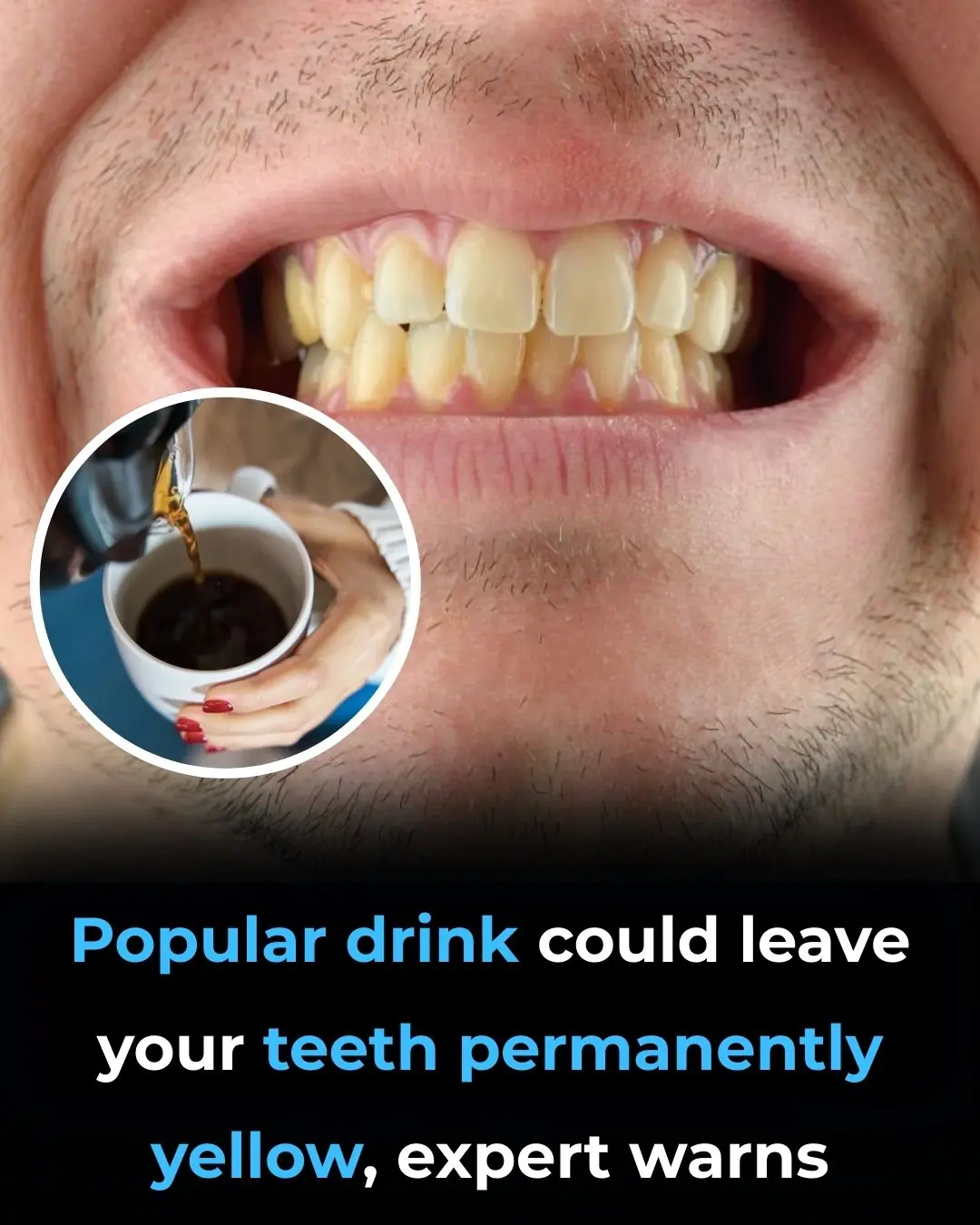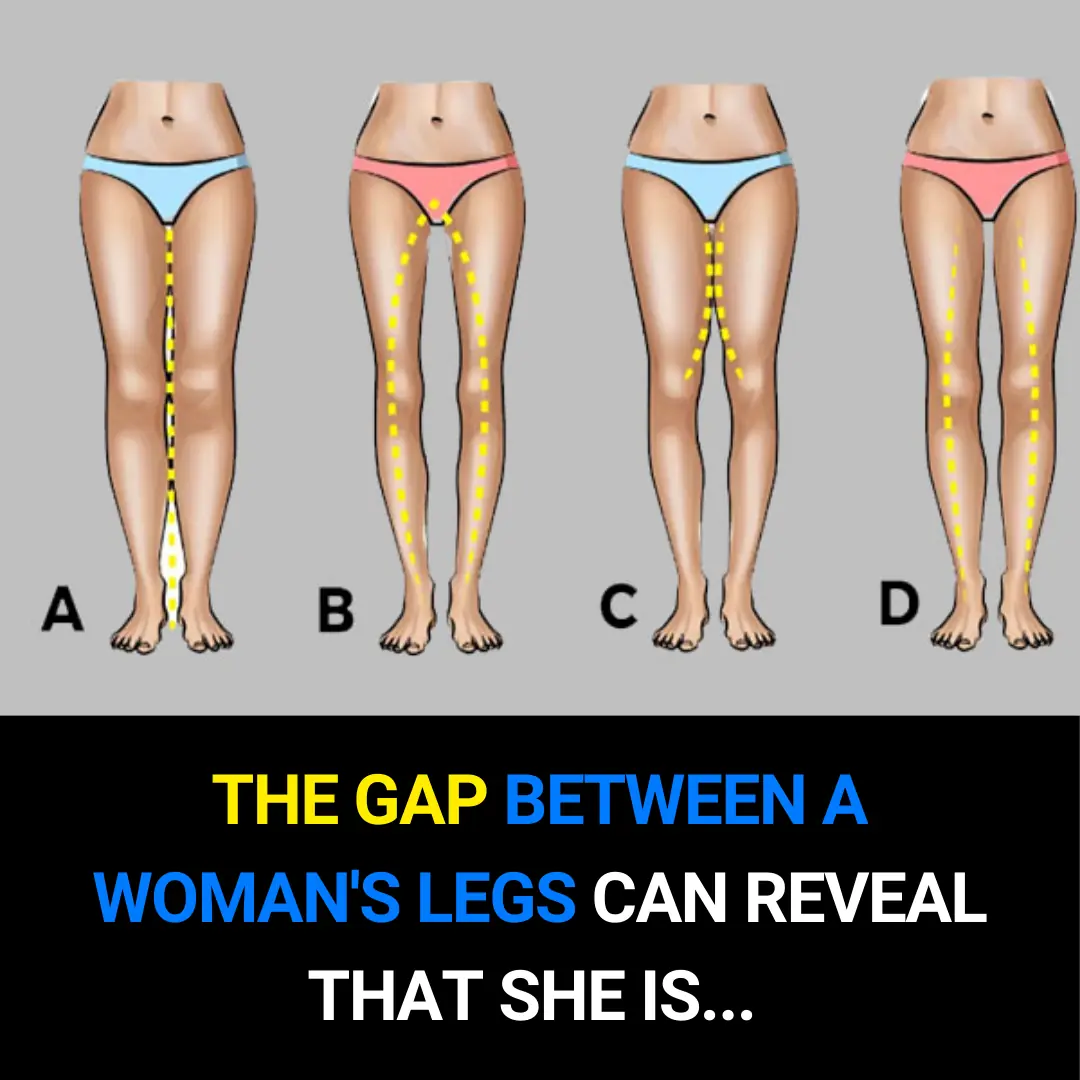
Could the bacteria in your nose be causing Alzheimer’s? (new study)

What if one of your everyday habits—something as simple and unconscious as picking your nose—could actually increase your risk of developing Alzheimer’s disease? It may sound outlandish, even absurd. But new and rapidly evolving scientific research is uncovering a surprising connection between nasal bacteria and the brain changes associated with Alzheimer’s.
According to scientists at Griffith University in Australia, this isn’t science fiction—it’s a serious public health concern. The nose, it turns out, may be more than just a gateway for air and scent. It could also serve as a direct pathway for harmful pathogens to reach the brain, bypassing the body’s normal defenses and potentially triggering the cascade of damage that leads to cognitive decline.
Let’s break down what this means—and how you can protect yourself and your brain from an unexpected threat hiding right under your nose.
🧠 Key Takeaways
-
Certain bacteria can travel from your nasal passages directly into your brain via the olfactory nerve.
-
Chlamydia pneumoniae, a respiratory bacteria, may trigger the formation of amyloid beta plaques—a key hallmark of Alzheimer’s disease.
-
Everyday habits like nose picking and plucking nasal hairs damage the nasal lining and increase infection risk.
-
A decline in your sense of smell could be an early warning sign of Alzheimer’s—and may reflect changes happening deep in the brain.
-
Simple behavioral changes today may reduce long-term brain risks and offer new paths for Alzheimer’s prevention.
👃 Your Nose: More Than a Smell Detector—A Direct Line to the Brain
Most people think of the nose as a relatively unimportant body part. But anatomically speaking, it’s a critical neurological gateway.
Unlike other routes into the brain, the olfactory nerve—the nerve responsible for smell—bypasses the blood-brain barrier, the body’s natural defense against pathogens entering the brain. This unique anatomy allows scent molecules to travel quickly to the brain for processing. Unfortunately, microbes can take advantage of this shortcut too.
Researchers led by Professor James St John discovered that Chlamydia pneumoniae, a bacterium usually associated with respiratory infections, can hijack this nasal-brain pathway. Once inside the brain, this microbe may set off an inflammatory immune response, which includes the accumulation of amyloid beta—a sticky, toxic protein that builds up in Alzheimer’s-affected brains.
This startling discovery changes how we think about Alzheimer’s. What was once considered a slow, age-related brain disorder may actually have an infectious component that’s triggered decades earlier—right in your nasal cavity.
🦠 How Bacteria Can Hijack the Brain’s Defenses
Here’s how the process works:
-
The bacteria enter through the nasal cavity, often during common respiratory infections.
-
The olfactory nerve, which extends directly from the nose to the brain, serves as an unintended highway.
-
Once inside the brain, the bacteria trigger an immune response, causing the brain’s defense system to go into overdrive.
-
This immune activity leads to the release and accumulation of amyloid beta plaques, which disrupt brain cell communication and cause neurodegeneration.
This response is the same one observed in early Alzheimer’s pathology—suggesting that, in some cases, the disease may not begin solely with aging or genetics, but with a long-term immune reaction to infection.
🚫 The Innocent Habits That Could Be Making It Worse
While the idea of bacteria in the nose traveling to the brain is already unsettling, what’s even more concerning is that common habits may significantly increase this risk.
Specifically:
-
Nose picking can cause microtears in the delicate nasal tissue, giving bacteria a clearer path to enter.
-
Plucking nasal hairs removes a natural defense mechanism and often results in minor abrasions or even ingrown hairs, which can become infected.
Most people do these things without thinking—but these small actions may weaken the natural barrier that’s meant to protect your brain.
According to the research team, preserving the integrity of your nasal lining should be seen as an essential part of long-term brain health—right up there with diet, exercise, and sleep.
👃 Smell Loss: The Overlooked Warning Sign of Alzheimer’s
Another intriguing aspect of this research is the long-known but poorly understood link between smell loss and Alzheimer’s disease. For many people, a declining sense of smell appears years—even decades—before memory loss begins.
Why is this important?
Because the olfactory nerve is not only the route bacteria may use to access the brain, but also the first region of the brain to be damaged in Alzheimer’s. The overlap suggests that loss of smell isn’t just a coincidence—it could be an early clinical marker of the disease.
Some neurologists now recommend annual smell tests for adults over 60, similar to how we monitor blood pressure or cholesterol levels. Early detection could be crucial for identifying and managing cognitive decline before irreversible damage sets in.
🛡️ What Can You Do to Protect Yourself?
Although this research is still in its early stages and was conducted in animal models, the implications for human health and disease prevention are enormous.
Here are some simple, practical steps you can take today:
✅ Stop nose picking
Even minor trauma to the nasal lining can increase vulnerability. Keep tissues nearby instead.
✅ Avoid plucking nose hairs
Trim instead of plucking. Nose hairs serve as a natural filter against bacteria and debris.
✅ Monitor your sense of smell
Take note of changes and report them to your healthcare provider—especially if you're over 60.
✅ Support your immune system
Good sleep, a balanced diet, regular exercise, and stress management all help your body fight infections more effectively.
✅ Stay informed
Science is evolving rapidly. Watch for new developments in Alzheimer’s research related to infection pathways.
🔍 The Bigger Picture: Rethinking Alzheimer’s Disease
This new research is part of a growing field exploring the idea that Alzheimer’s may be, at least in part, an infectious disease. Other studies have linked herpes simplex virus, gum disease bacteria, and now respiratory bacteria to the formation of amyloid plaques.
If these findings are confirmed in humans, they could lead to revolutionary new approaches to preventing and treating Alzheimer’s—not by targeting memory loss, but by preventing infections years earlier.
Imagine a future where Alzheimer’s could be managed through vaccines, early microbial screening, or even probiotics designed to support a healthy nasal microbiome. That future may be closer than we think.
🧠 Final Thoughts: Your Brain, Your Habits, Your Choice
It’s easy to dismiss small habits like nose picking as harmless. But modern research is revealing just how interconnected our bodies really are. The micro-tears in your nose, the bacteria you inhale, and the inflammation in your brain may all be part of a much larger story about cognitive decline.
The message is clear: small choices today can have big consequences for your brain tomorrow.
So the next time you feel the urge to pick your nose or pluck that stray hair, remember—you’re not just protecting your appearance. You might be protecting your memory, your independence, and your future self.
News in the same category


12 Foods With Melatonin You Should Include In Your Dinners To Sleep Like A Baby
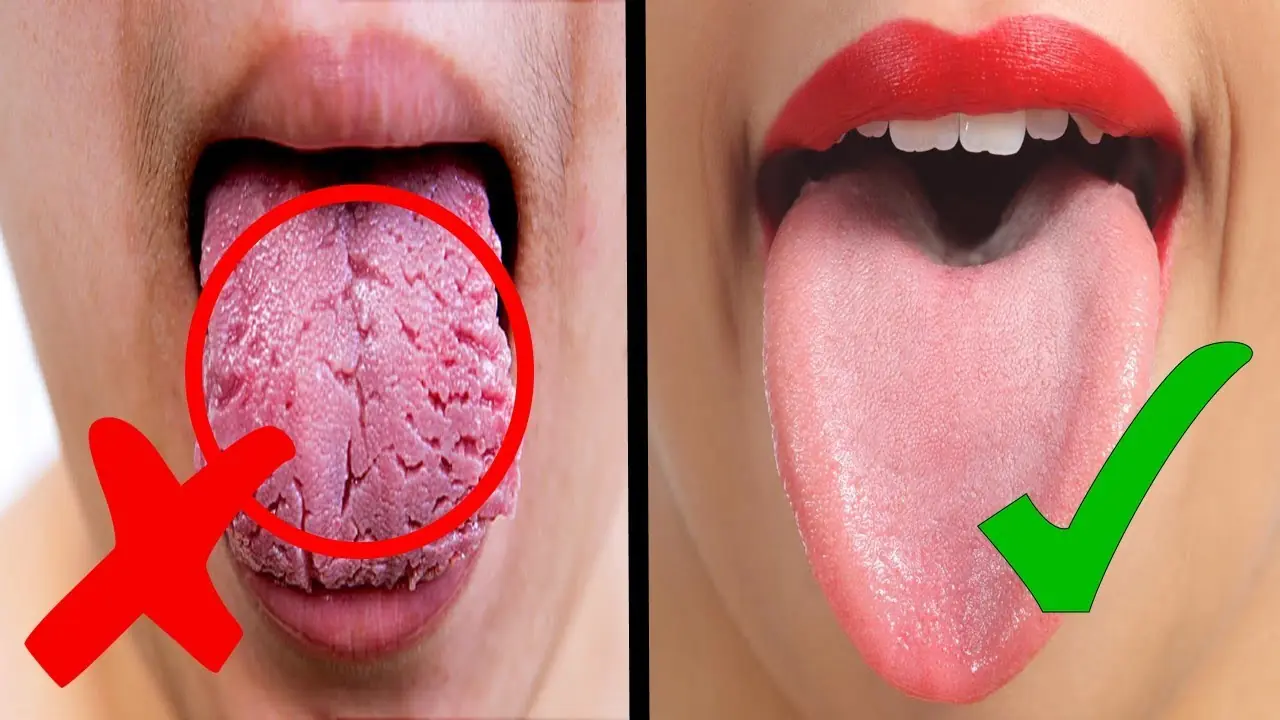
White Tongue: What It Means and What You Can Do About It
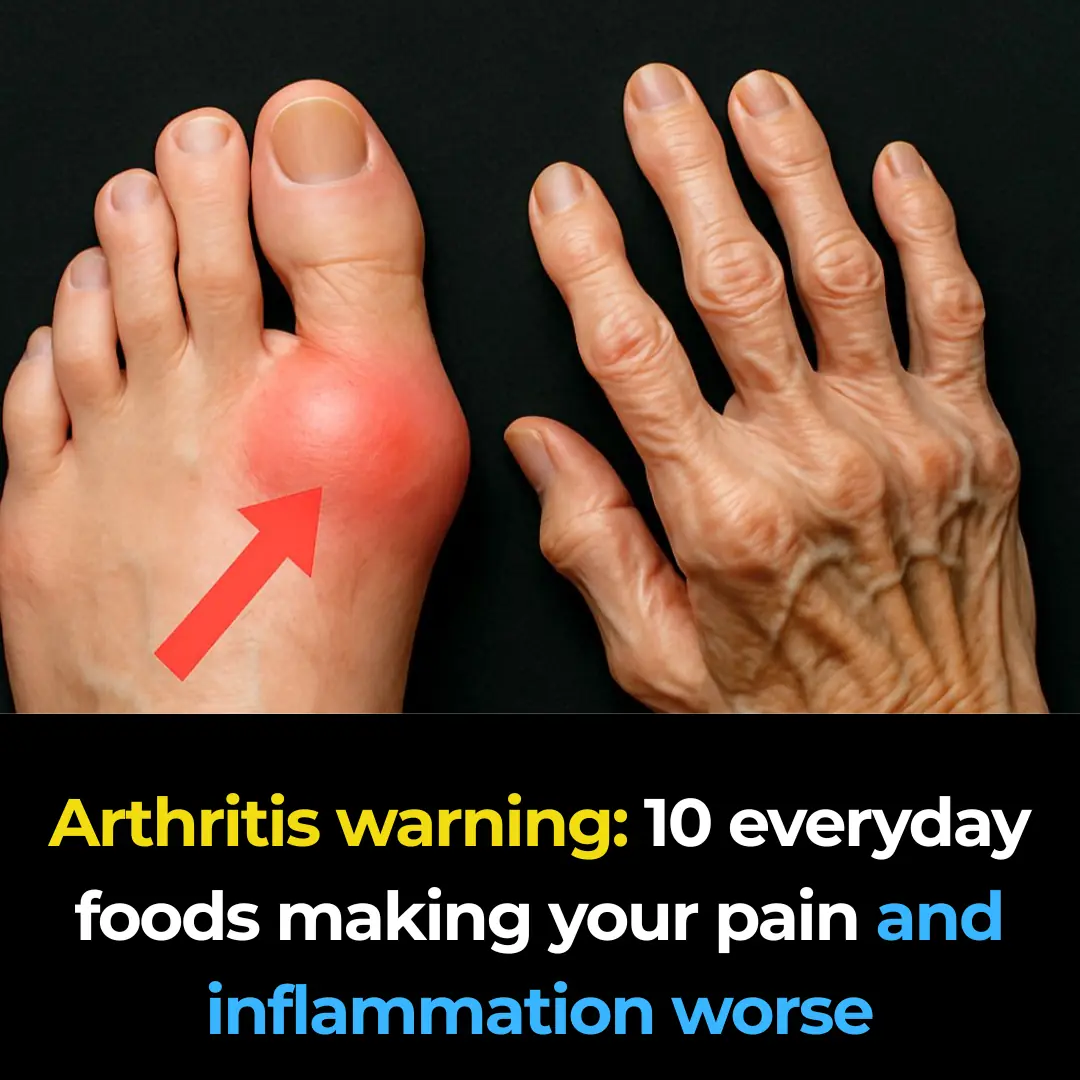
Arthritis warning: 10 everyday foods making your pain and inflammation worse

World’s deadliest ca:ncer: 8 early warning signs every older adult should know
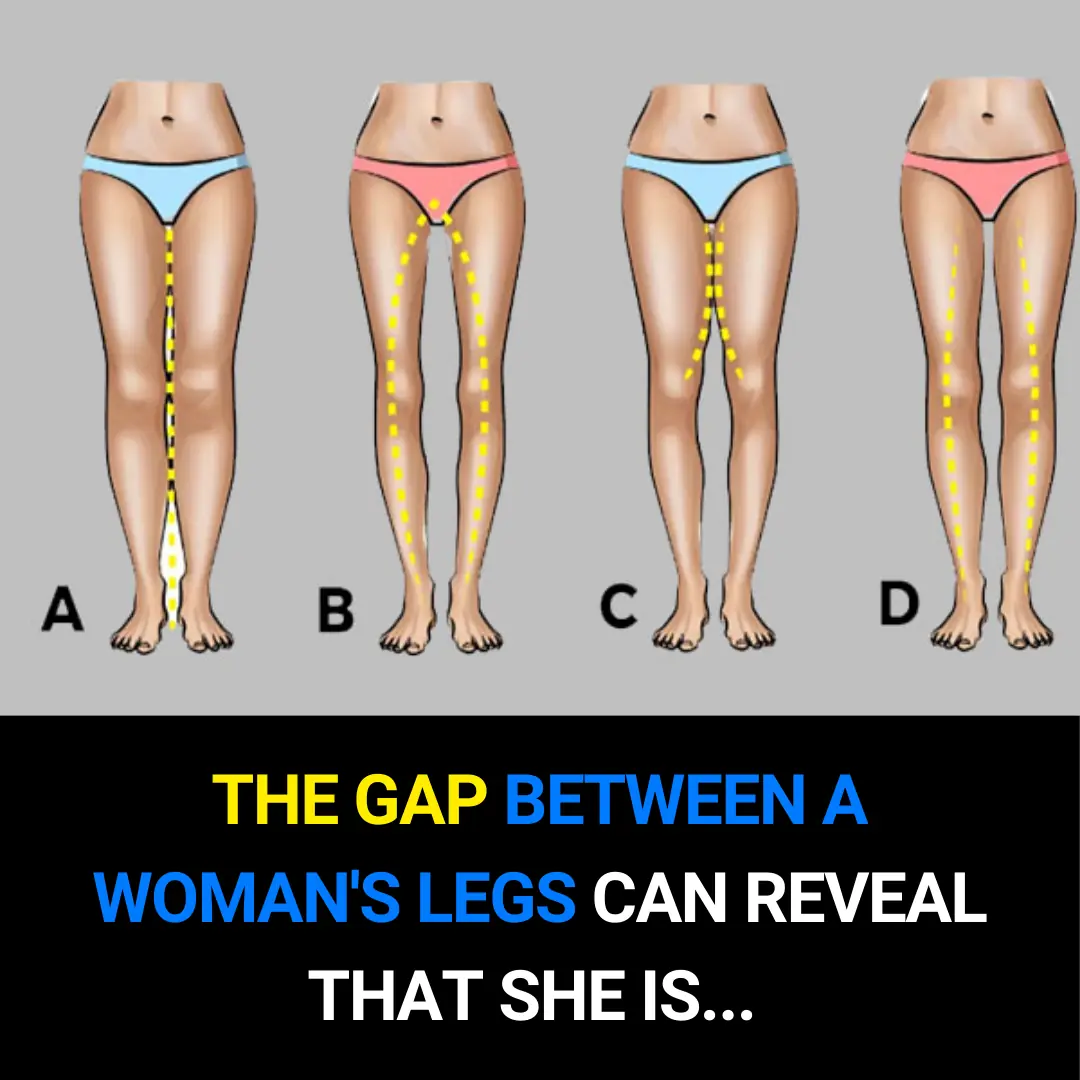
The Truth About the Thigh Gap: And Why You Don’t Need One to Feel Beautiful
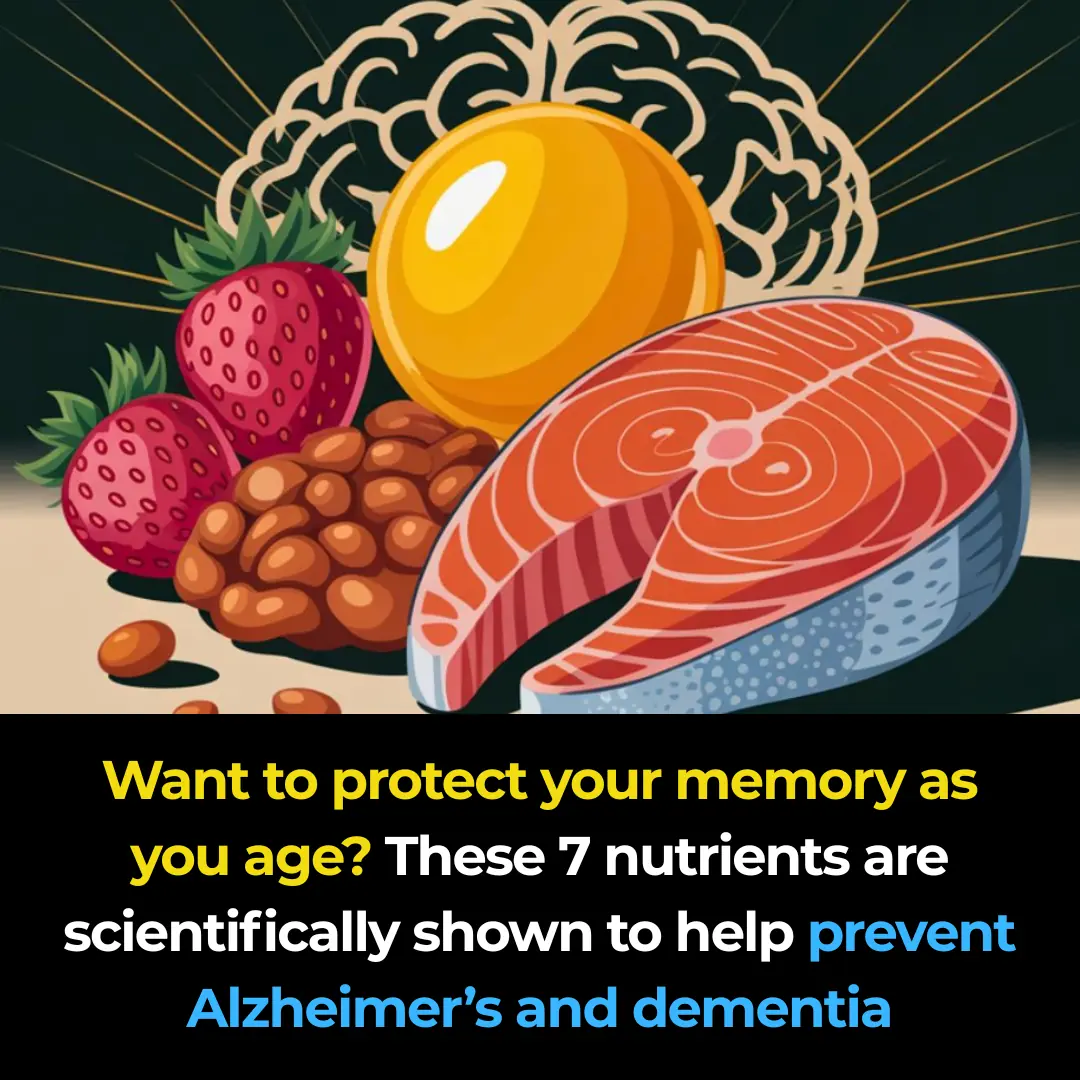
7 Best Nutrients to Prevent Alzheimer’s and Dementia
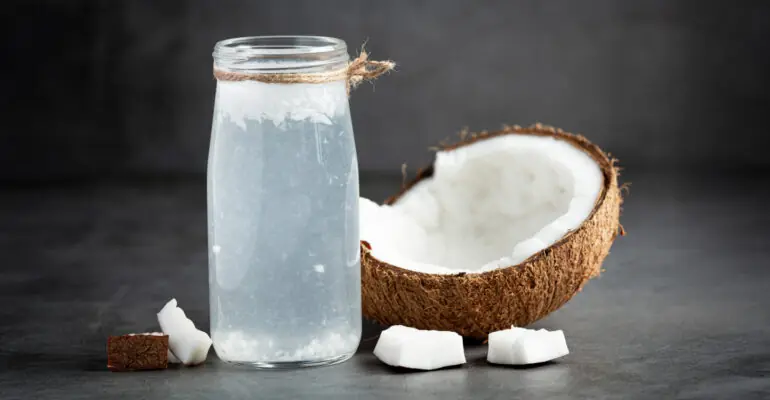
Coconut Water: Healthy Drink or Hidden Risk? Who Should Avoid It
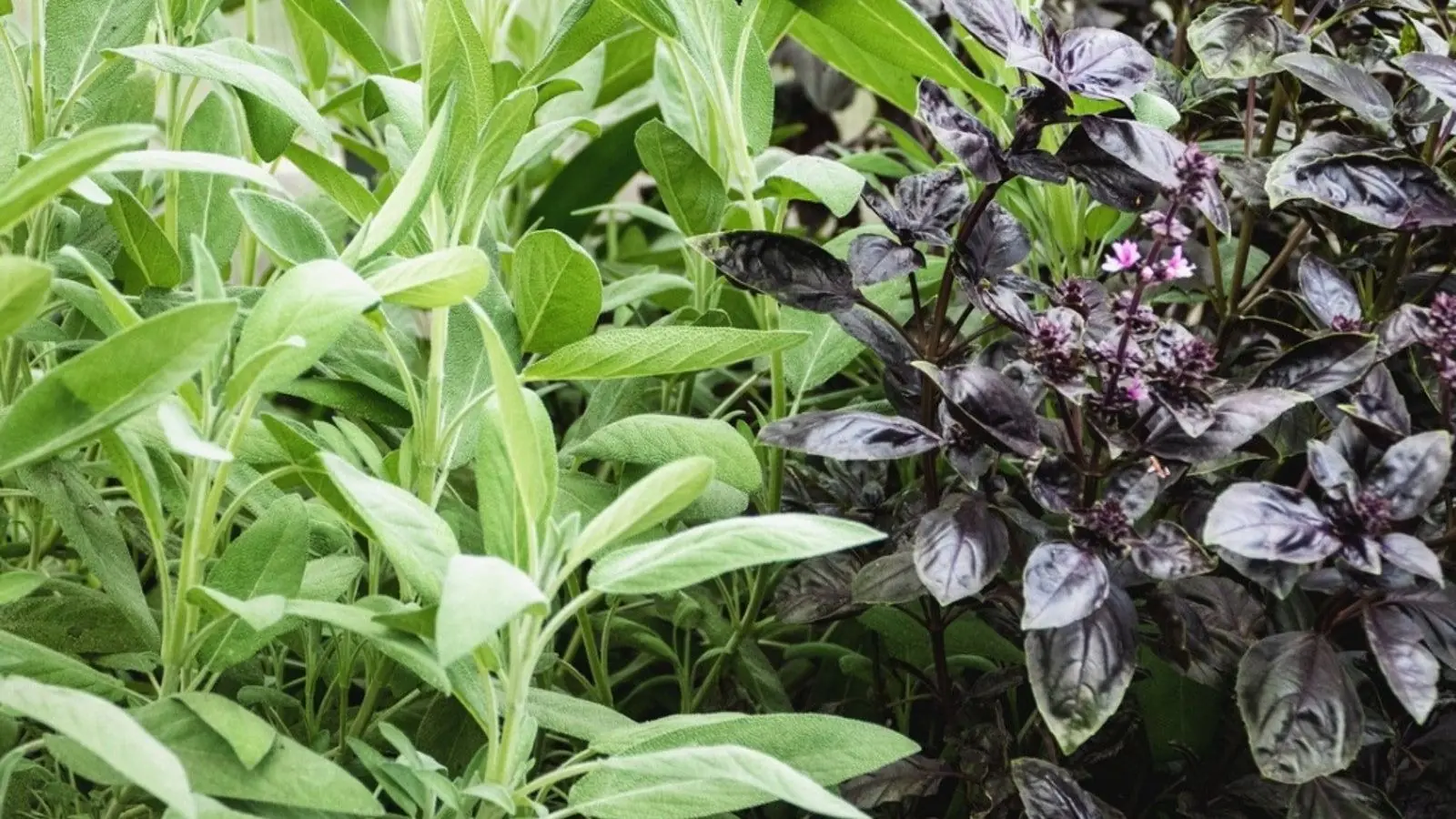
All You Can Do with Just One Sage Plant: Grandma’s Timeless Uses

Aloe Vera for Varicose Veins and Tired Legs: Natural Relief You Can Try at Home
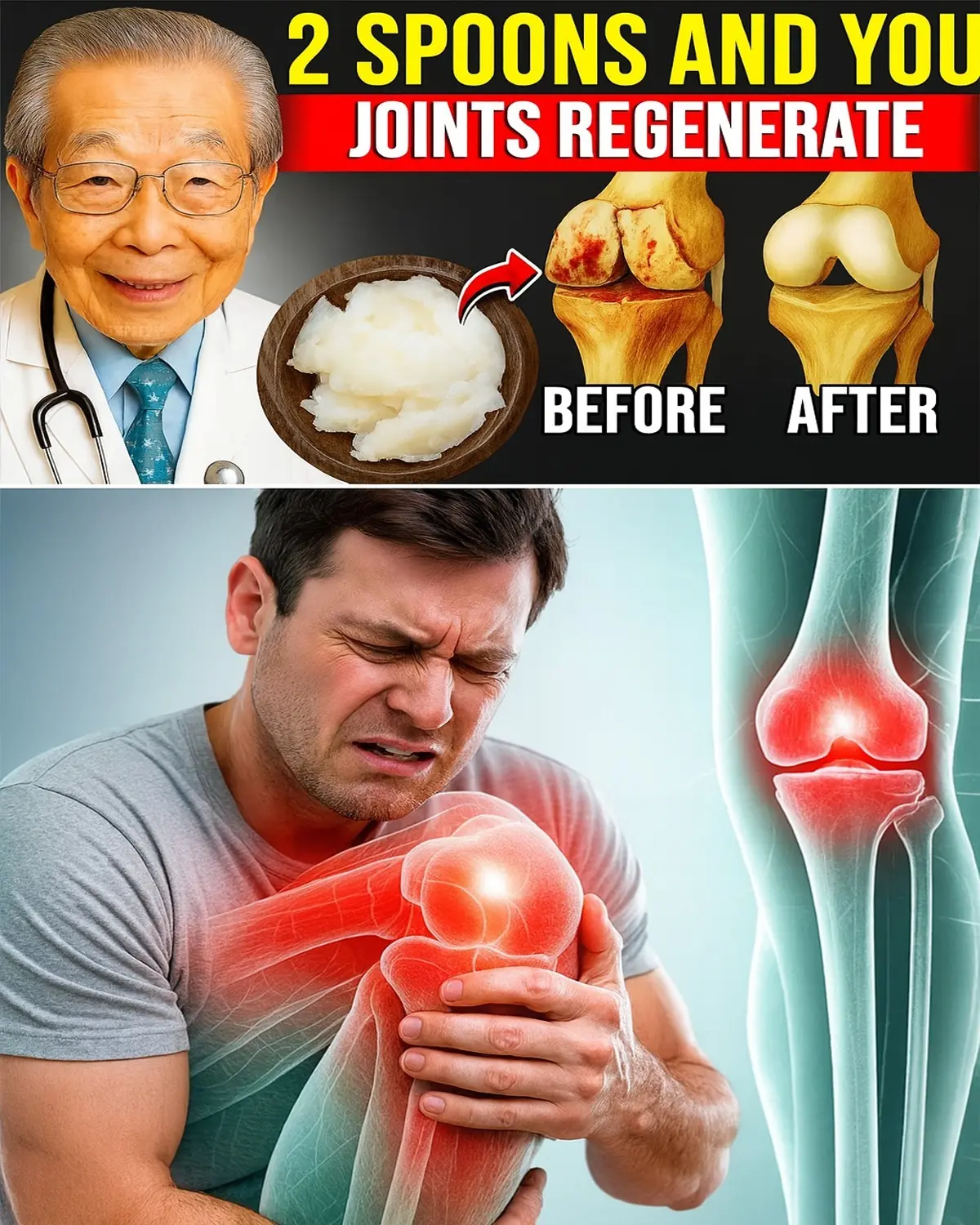
2 Spoons a Day May Support Joint Health Naturally
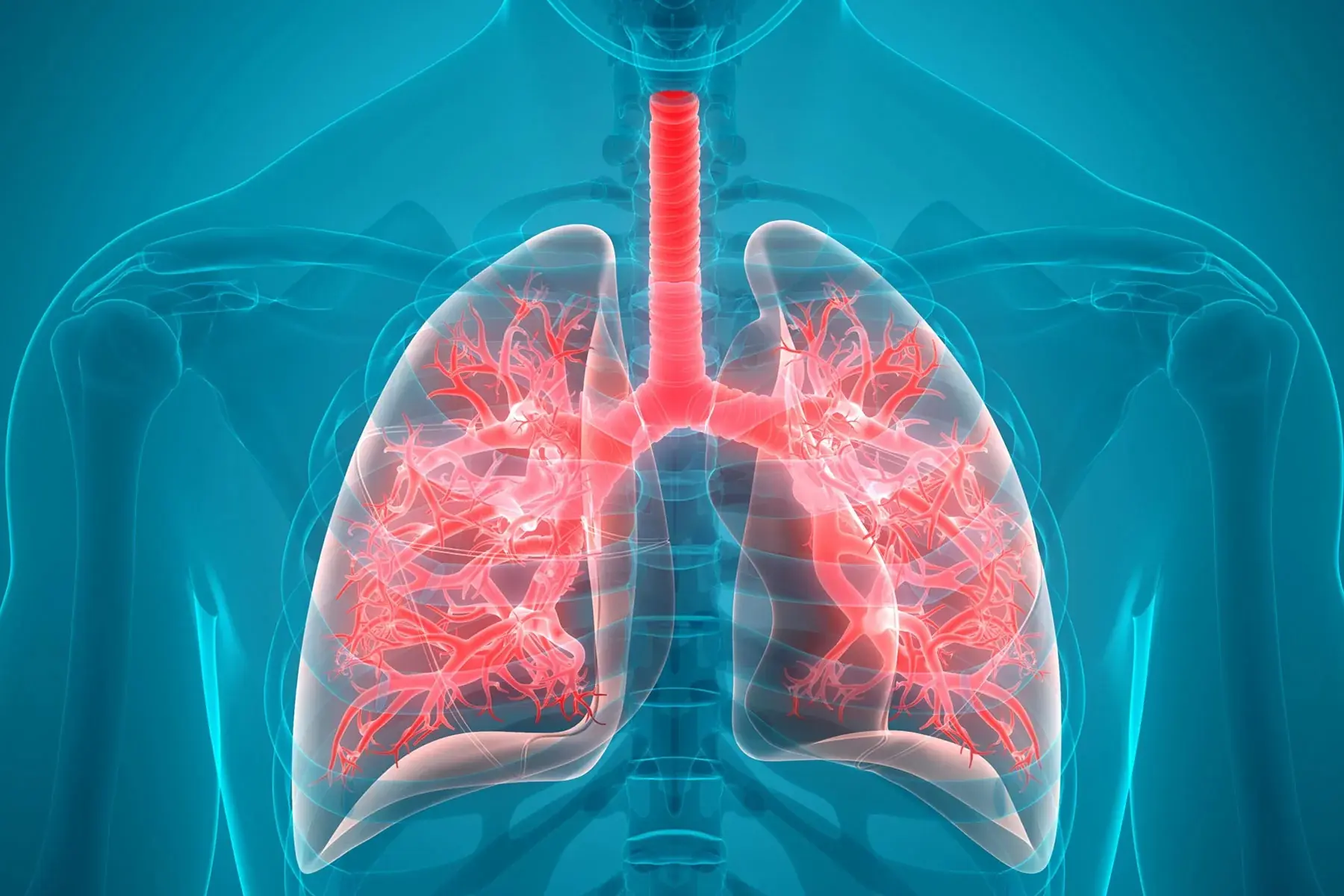
Clean Your Lungs and Stop Coughing in 3 Days! The Garlic Remedy for Bronchitis You Need to Try
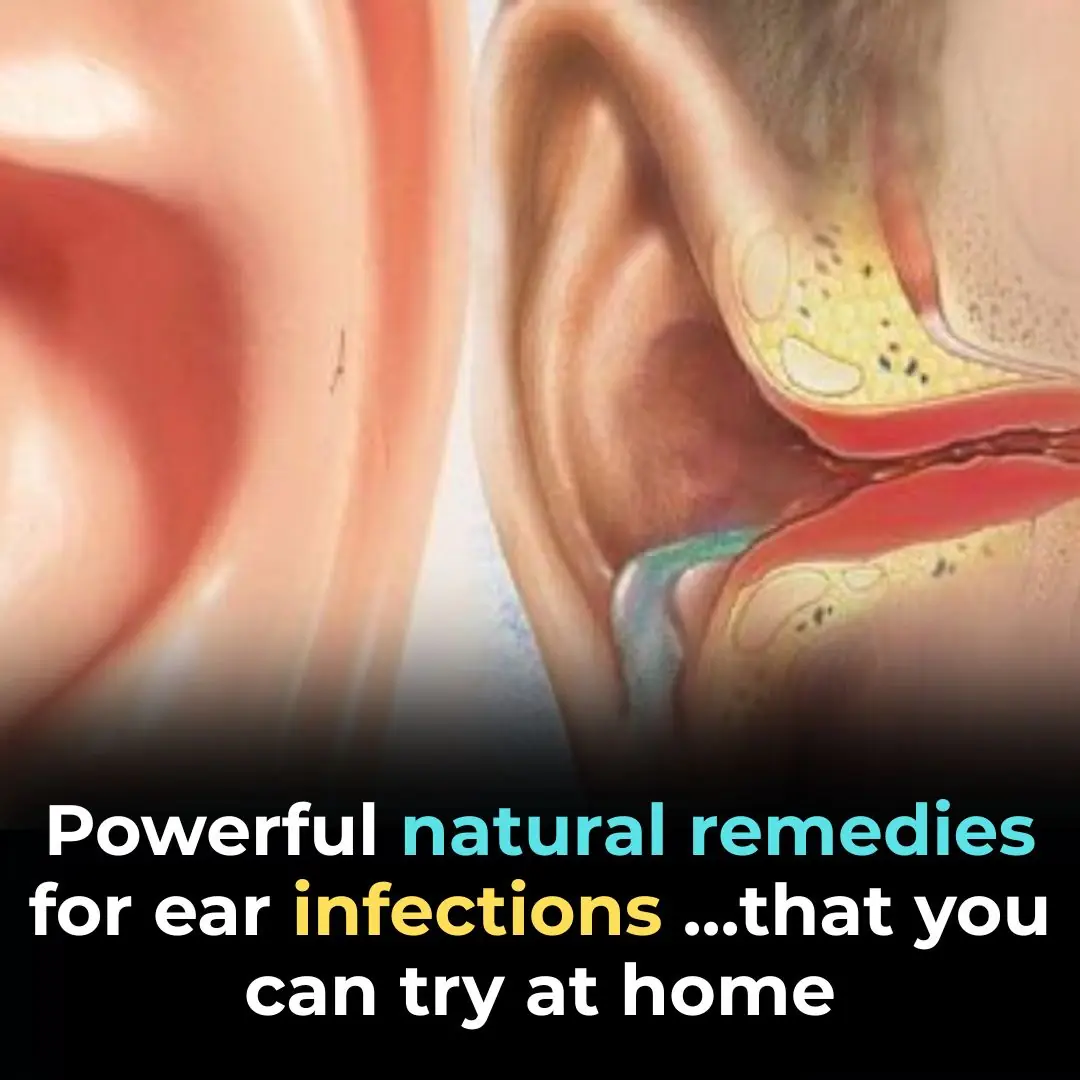
Powerful Natural Remedies for Ear Infections
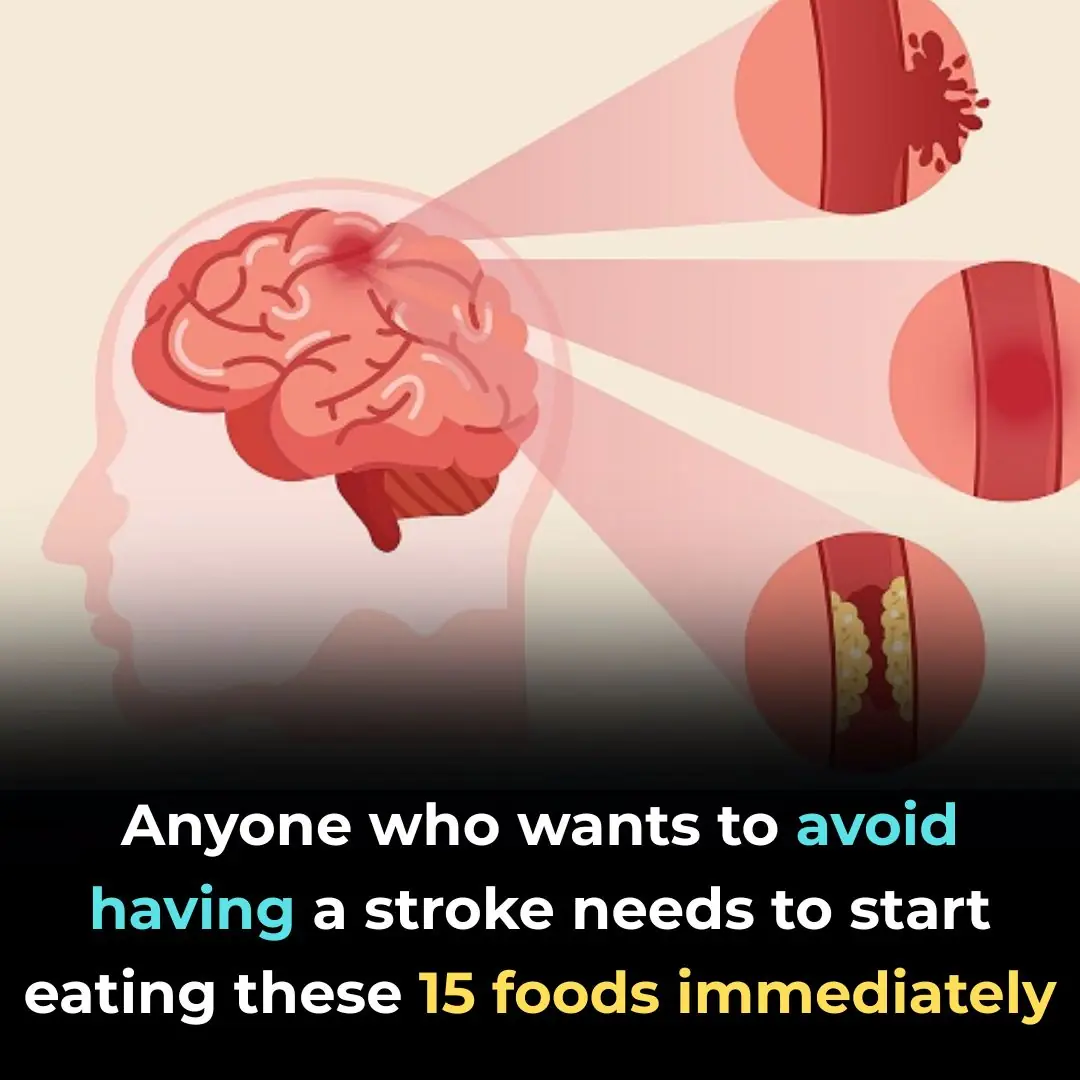
Anyone who wants to prevent a stroke needs to start eating these 15 foods immediately

Researchers Explore Potential Dementia Risk Linked to Gabapentin

Activate this nerve to fight stress and inflammation naturally – here’s how

New study reveals surprising health benefits of kimchi
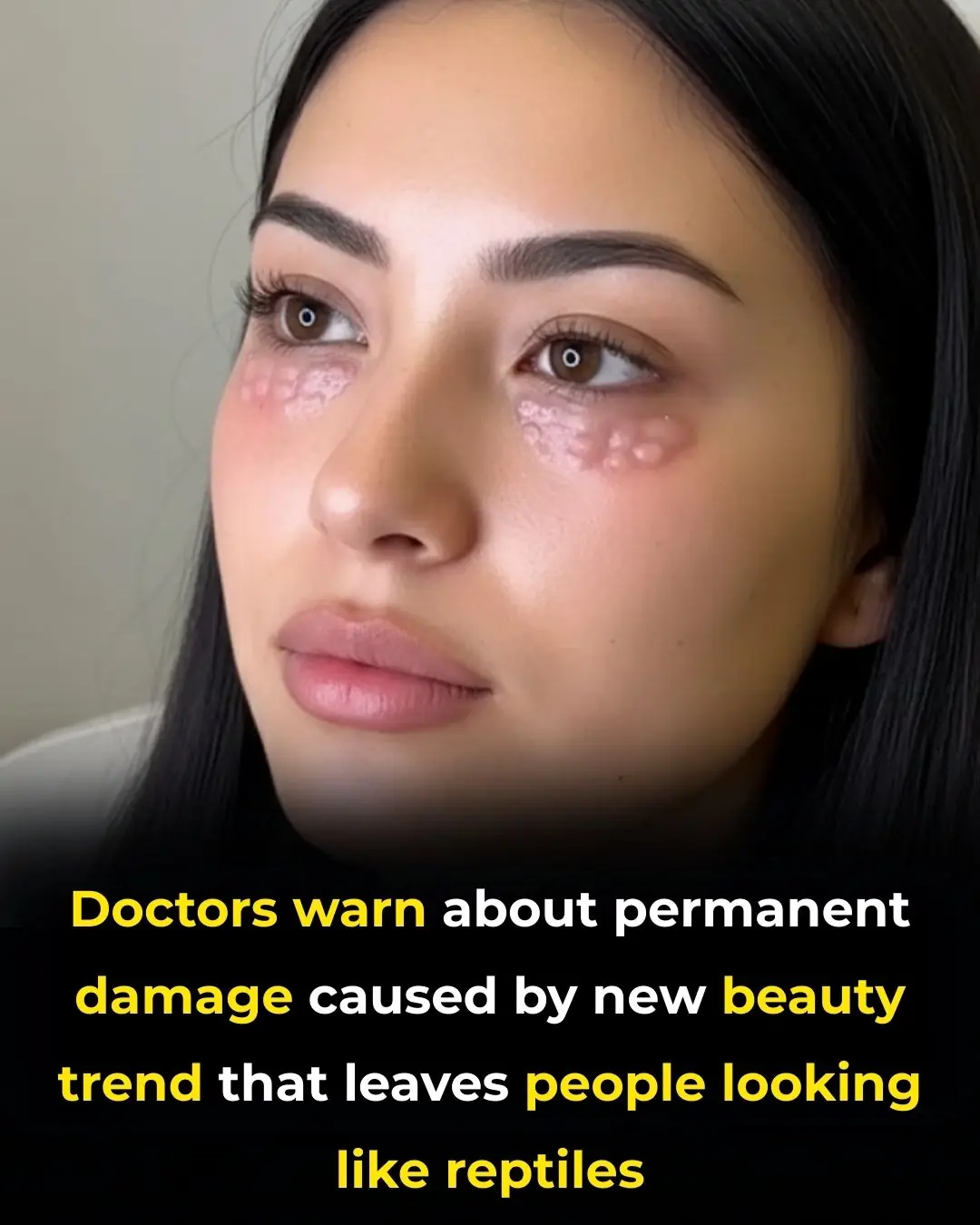
Doctor Warns of Mesotherapy’s Risky Side, Causing Reptile-Like Skin

How Often Should You Change Your Underwear?
News Post

My Brother Banned Me from Speaking at Our Mother’s Funeral, Saying ‘No One Wants to Hear from the Adopted One’ — He Never Expected What Happened Next

Bride Walked Down the Aisle Smiling — But After Finding a Note Hidden in Her Bouquet, She Turned Around and Ran from the Wedding

9 Months Pregnant, My Husband Threw Me Out for Another Woman, But I Got the Last Laugh

The Man Who Became a Swan Shepherd.

A Valentine’s Gesture That Touched an Entire Community.

A Prom Night 76 Years in the Making.

The Truth About the Thigh Gap: And Why You Don’t Need One to Feel Beautiful

Mosquitoes fear this bowl of water the most—place it in your home and no matter how many mosquitoes there are, they’ll all disappear, letting you sleep peacefully
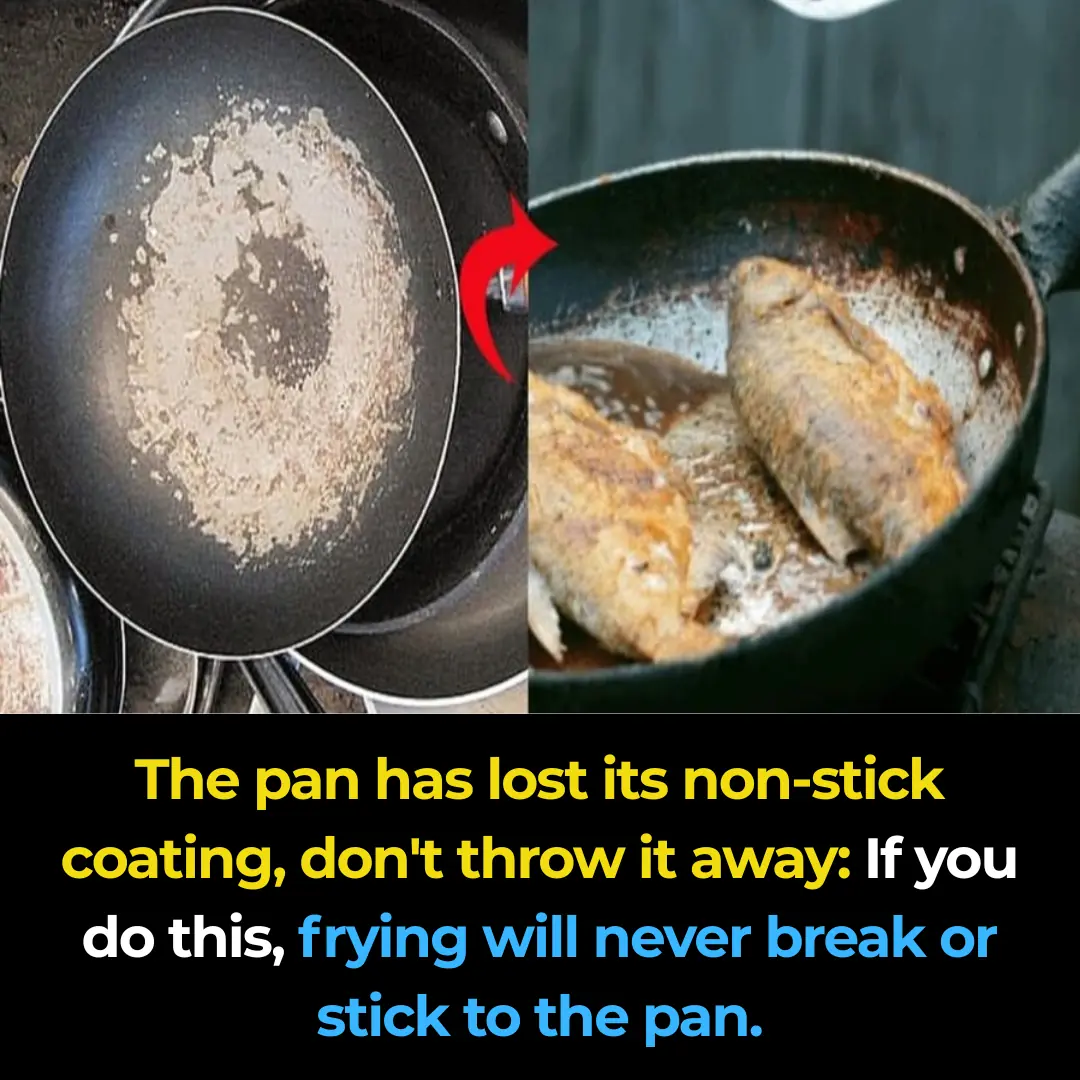
When your pan loses all its non-stick coating, don’t throw it away just yet: Do this and your frying will never stick or fall apart again

Eat boiled bananas at this time, and after just one week your body will experience 7 changes: excess fat melts away and your skin becomes smoother and brighter

12 Foods With Melatonin You Should Include In Your Dinners To Sleep Like A Baby

White Tongue: What It Means and What You Can Do About It

Arthritis warning: 10 everyday foods making your pain and inflammation worse

World’s deadliest ca:ncer: 8 early warning signs every older adult should know

The Truth About the Thigh Gap: And Why You Don’t Need One to Feel Beautiful

7 Best Nutrients to Prevent Alzheimer’s and Dementia

Coconut Water: Healthy Drink or Hidden Risk? Who Should Avoid It

Fact & Health Benefits of Ribwort Plantain

7 benefits and uses of Plantago Major
